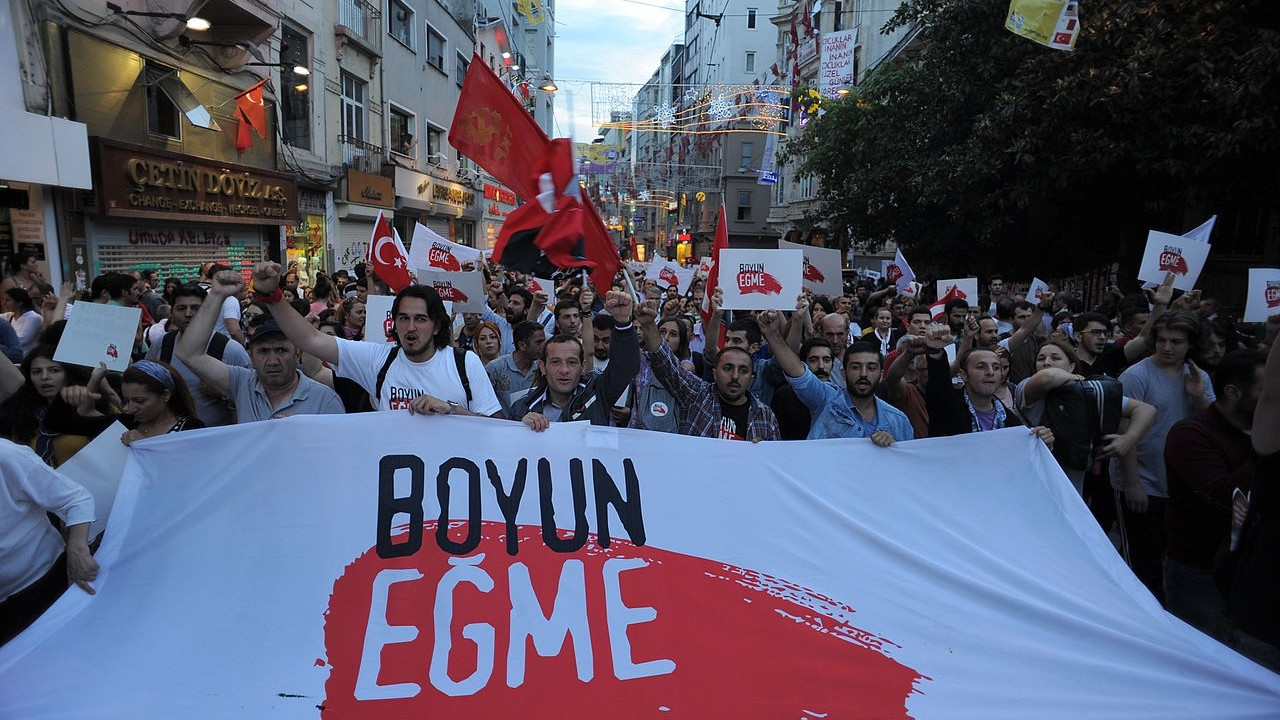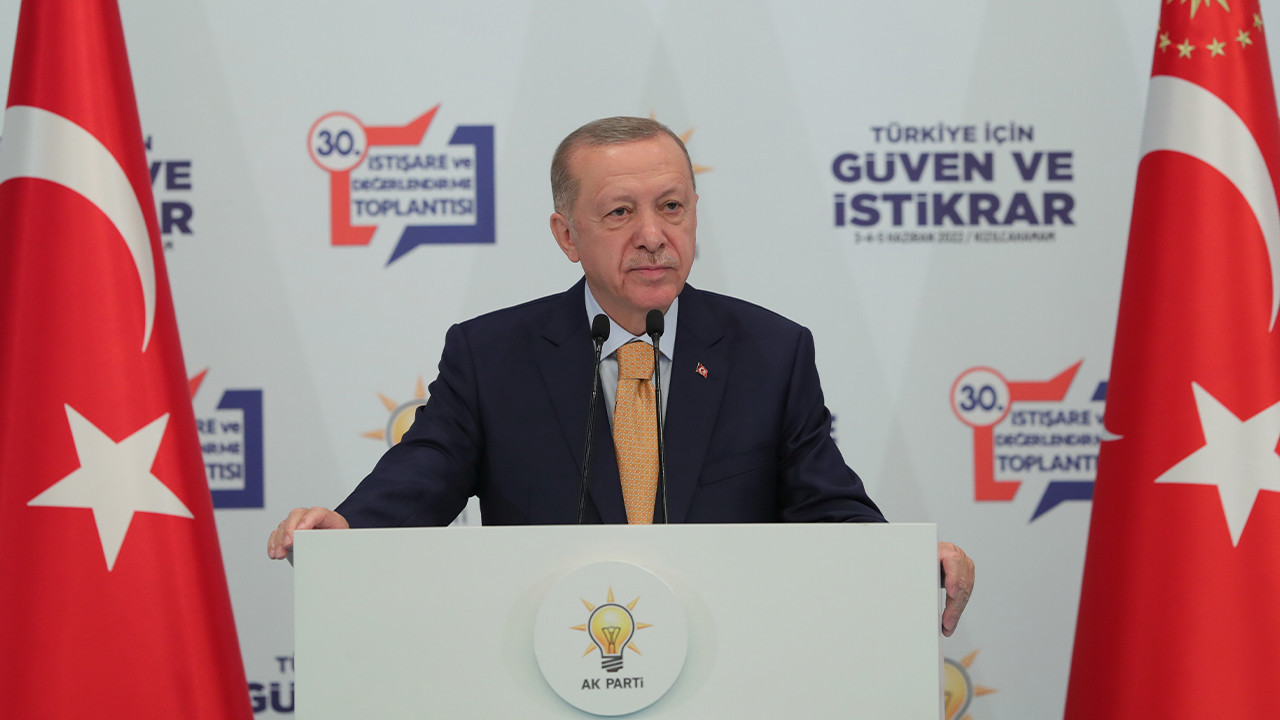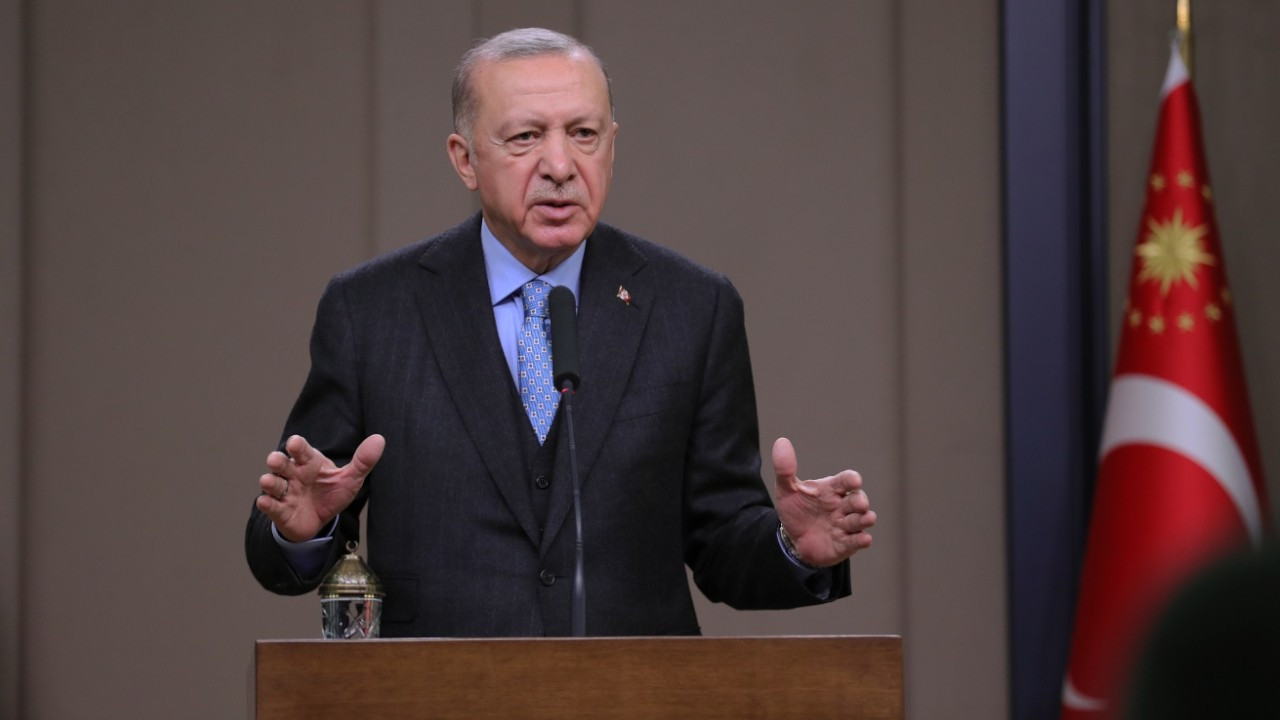Top religious body denies Erdoğan's accusation against Gezi Park protestors
Turkey's Directorate General of Religious Affairs (Diyanet) has denied President Recep Tayyip Erdoğan's accusation that Gezi Park protestors "burned down mosques."
Duvar English
Turkey’s Directorate General of Religious Affairs (Diyanet) has refuted President Recep Tayyip Erdoğan's accusation that Gezi Park protestors “burned down mosques” during the nationwide demonstrations in 2013, ANKA News Agency reported on July 28.
On June 4, Erdoğan accused Gezi Park protestors of “burning down mosques,” prompting several to ask for proof. People asked why Erdoğan did not bring charges against the protestors for all these years if this was really the case.
Main opposition Republican People's Party (CHP) MP Tacettin Bayır asked the Presidential Communications Center (CİMER) which mosques Erdoğan was referring to and where these mosques were located.
The question was referred to the Interior Ministry, but the ministry did not answer this question and dispatched it to Diyanet.
Bayır announced that Diyanet replied to his question in the following way: “There are no documents and reports regarding the incidents in question. You can also find the necessary information about the subject from the Istanbul Governor's Office and provincial mufti's office."
In response to Diyanet's answer, Bayır said: “In short, Diyanet is confirming that our President is a liar."
Bayır also said: “There is someone (Erdoğan) who does not hesitate to slander and lie about religion in order to protect his seat. The truth is that neither our mosques were burned nor alcohol was consumed in mosques during the Gezi protests.”
Experts say that Erdoğan’s renewed outrage at the Gezi protests has to do with elections scheduled for June 2023.
Erdoğan had also previously alleged that Gezi Park protestors “drank alcohol inside the mosque,” but this claim was also refuted by the clerics of the mosque years ago.
Gezi Park protests initially began in Istanbul in May 2013 as a reaction to renovation plans of the ruling Justice and Development Party (AKP), which aimed to construct a replica Ottoman barracks on the city's few remaining green spots. The protests later grew into nationwide protests and spread to other cities.

 Gov't fails to respond to inquiry about Erdoğan's accusation against Gezi Park protestorsPolitics
Gov't fails to respond to inquiry about Erdoğan's accusation against Gezi Park protestorsPolitics Erdoğan holds Gezi Park protestors responsible for current economic crisisPolitics
Erdoğan holds Gezi Park protestors responsible for current economic crisisPolitics Lawsuit filed against Erdoğan for calling Gezi protestors 'sluts'Politics
Lawsuit filed against Erdoğan for calling Gezi protestors 'sluts'Politics